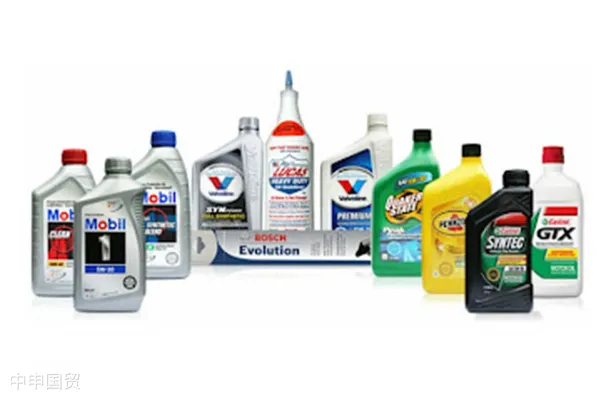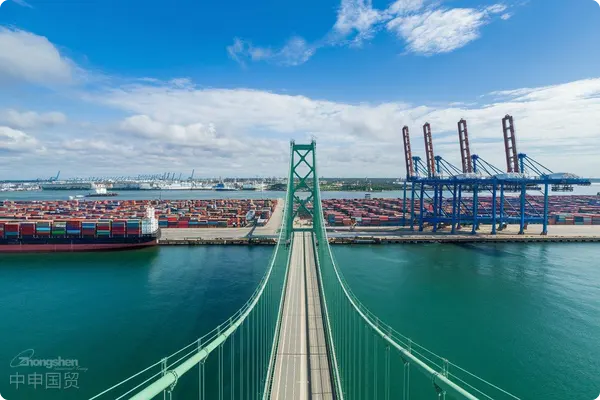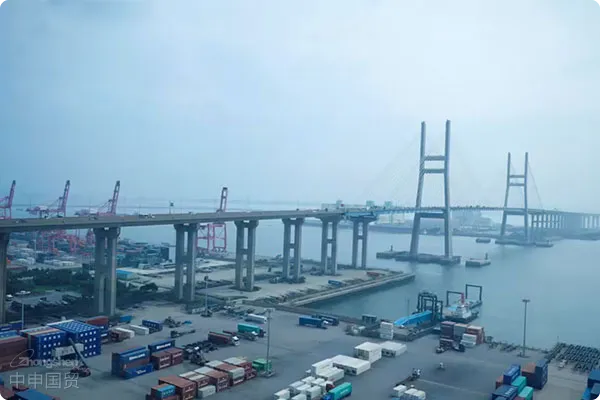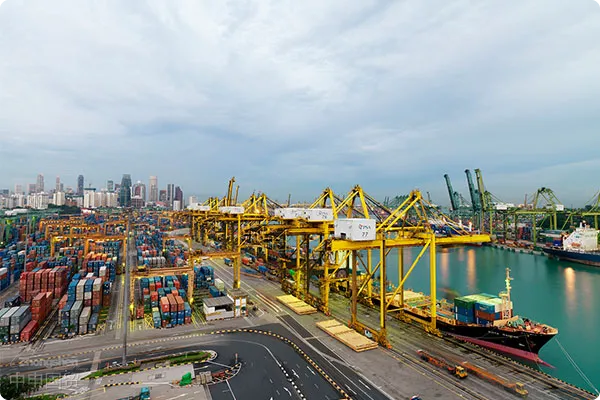- Shanghai Zhongshen International Trade Co., Ltd. - Two decades of trade agency expertise.
- Service Hotline: 139 1787 2118
In theforeign tradeIn the export business,Export Drawbackit seems to be a clear path to profit, but the hidden tax risks behind it cannot be ignored! Especially in the lubricating oils and greases industry, the input tax risks brought by the use of agricultural and sideline products as raw materials may catch enterprises off - guard. How to ensure that every penny can be smoothly tax - rebated? The answer lies in understanding the details of the input tax risks and how to avoid them!
Industrial - grade mixed oilusually refers to mixed oil products for industrial use. Such oils are usually used for mechanical lubrication, metal processing, hydraulic systems, maintenance and upkeep of industrial equipment, etc., mainly playing the roles of lubrication, cooling, sealing, rust prevention, etc. The export tax rebate rate for industrial - grade mixed oil is generally 13%. However, in the export process of lubricating oils and greases, the biggest risk often comes from the input (i.e., procurement cost) of the product, especially when the raw materials are agricultural and sideline products.

The relationship between export tax rebate and input tax amount
In China, export tax rebate means that the state exempts value - added tax for export enterprises and refunds the input tax amount paid in the procurement link. For products like industrial - grade mixed oil, the export tax rebate rate is usually 13%. This means that export enterprises can apply for a refund of the value - added tax paid when purchasing raw materials (i.e., input tax amount) when exporting. However, the premise for tax rebate is that the enterprise can provide legal and compliant input invoices and meet the relevant requirements of the tax authorities.
Characteristics of agricultural and sideline products as raw materials for lubricating oils and greases
In the production process of lubricating oils and greases, some products use agricultural and sideline products (such as rapeseed oil, soybean oil, etc.) as raw materials. The procurement process of these agricultural and sideline products may bring some specific risks and problems:
(1) Issues of the authenticity and compliance of the input tax amount:In the procurement process of agricultural and sideline products, sometimes there are situations where the value - added tax special invoices provided by some suppliers are non - compliant, such as the invoice content not conforming to the actual transaction. In this case, if the enterprise is found to have problems by the tax authorities when applying for export tax rebate, the tax - rebate application may be rejected, and the enterprise may even face the risk of tax supplement or fine.
(2) Particularity of the tax policy for agricultural and sideline products:In China, the value - added tax policy for agricultural and sideline products is different from that of other industrial products, and they may enjoy preferential policies such as tax exemption or simple collection. This may lead to some enterprises having difficulty obtaining value - added tax special invoices when purchasing agricultural and sideline products, or the input tax rate of the obtained invoices is lower than the export tax rebate rate (13%). The situation of a lower input tax amount will affect the enterprises tax - rebate amount, thus increasing the enterprises tax burden.
The impact of input risks on the enterprises tax - rebate benefits
For export enterprises, input risks are mainly reflected in two aspects:
(1) Tax inspection risk:If there are problems with the enterprises input invoices, for example, the invoices issued by the supplier are recognized as false or non - compliant invoices by the tax authorities, the tax authorities may reject the tax rebate, require the enterprise to make up the tax, and may even impose penalties on the enterprise. This will not only affect the enterprises cash flow but also its reputation and future business activities.
(2) Tax - rebate amount risk:If the input invoice tax rate of the enterprise is lower than 13%, or the enterprise cannot fully obtain value - added tax special invoices during the procurement process, then when applying for tax rebate in the export link, the enterprise may not be able to obtain the full tax - rebate amount. This will directly affect the enterprises profit level, because the non - deductible tax will become an additional cost for the enterprise.
Summary
Overall, due to the authenticity, compliance of value - added tax invoices for agricultural and sideline products and the particularity of the tax policy, enterprises may encounter problems when applying for export tax rebate. Therefore, enterprises should pay special attention to compliant operations in the procurement link, ensure the authenticity and legality of input invoices, and avoid potential tax risks to ensure the smooth progress of tax rebate and safeguard the legitimate rights, interests and financial stability of the enterprise.
Related Recommendations
? 2025. All Rights Reserved. 滬ICP備2023007705號-2  PSB Record: Shanghai No.31011502009912
PSB Record: Shanghai No.31011502009912










